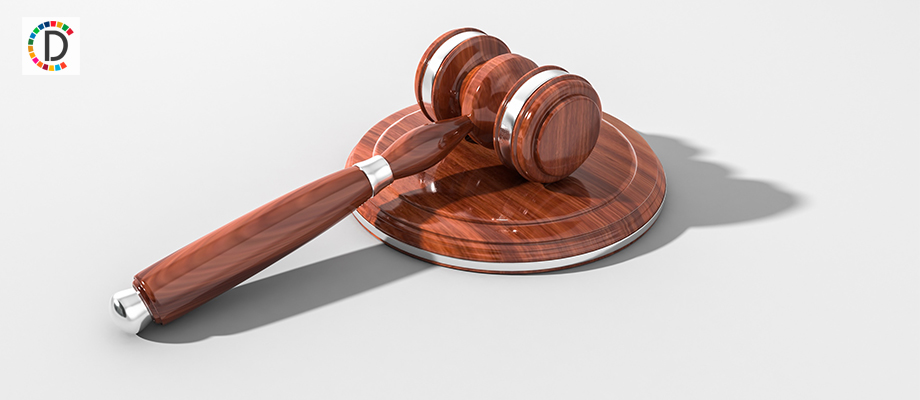Trump's Supreme Court nominee faces questions from senators in day two of hearing
President Donald Trump's Supreme Court nominee Amy Coney Barrett on Tuesday began the first of two days of direct questioning from U.S. senators, as Democrats try to make the case that her confirmation would threaten healthcare for millions of Americans.

President Donald Trump's Supreme Court nominee Amy Coney Barrett on Tuesday began the first of two days of direct questioning from U.S. senators, as Democrats try to make the case that her confirmation would threaten healthcare for millions of Americans. The Senate Judiciary Committee hearing presents Barrett with a chance to respond to Democratic lawmakers who have been unified in opposing her primarily on what they say would be her role in undermining the Obamacare healthcare law and its protection for patients with pre-existing conditions.
Republican Senator Lindsey Graham, the committee's chairman, was due to open the questioning, followed by Senator Dianne Feinstein, the panel's top Democrat. Barrett sat alone at a table facing the senators. Barrett was nominated to a lifetime post on the court on Sept. 26 by Trump to replace the late liberal Justice Ruth Bader Ginsburg.
Barrett could be on the Supreme Court in time for the Nov. 10 arguments in a case in which Trump and Republican-led states are seeking to invalidate the 2010 Affordable Care Act, Democratic former President Barack Obama's signature domestic policy achievement that has enabled millions of Americans to obtain medical coverage. Barrett has criticized a 2012 Supreme Court ruling authored by conservative Chief Justice John Roberts that upheld the law, popularly known as Obamacare.
Republicans have a 53-47 Senate majority, leaving Democrats with little to no chance of blocking Barrett's confirmation. If confirmed, Barrett, 48, would tilt the Supreme Court further to the right and give conservative justices a 6-3 majority, making even the unexpected victories on which liberals have prevailed in recent years, including abortion and gay rights, rarer still. She is Trump's third Supreme Court appointment.
Trump's nomination of Barrett came late in an election cycle when Republican control of both the White House and Senate is at stake. The confirmation hearing format has changed because of the COVID-19 pandemic, with the public excluded and some senators participating remotely. Democrats, including vice presidential candidate Kamala Harris, on the first day of the hearing zeroed in on the fate of Obamacare, as Republicans push to confirm Barrett before the Nov. 3 presidential election between Trump and Democrat Joe Biden.
The hearing is a key step before a full Senate vote by the end of October on Barrett's confirmation to a lifetime job on the court. Republicans have sought to portray Democrats as attacking Barrett, a devout Roman Catholic, on religious grounds, although the Democrats have so far steered clear of doing so.
(This story has not been edited by Devdiscourse staff and is auto-generated from a syndicated feed.)
ALSO READ
INSIGHT-How US allies are preparing for a possible second Trump term
Grand jury indicts 18 in Arizona fake elector scheme; Trump is unindicted co-conspirator
Giuliani among 18 charged in Arizona election scheme; Trump an unindicted co-conspirator
Giuliani among 18 charged in Arizona election scheme; Trump an unindicted co-conspirator
Trump to Face Trial and Immunity Hearing Simultaneously










